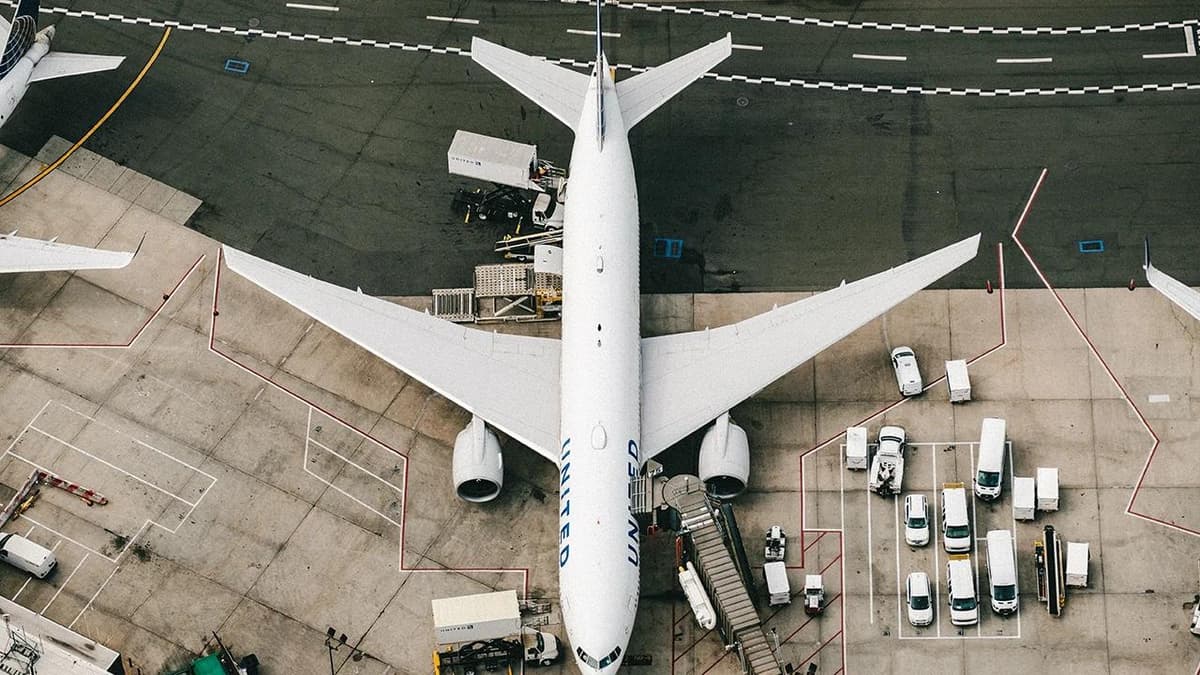What's the Difference Between Docker and Kubernetes?
Do you know what’s getting computer experts excited? It’s Docker and Kubernetes! Let’s break down what they are and how they are different.
What is Docker?
Think of Docker as a secure box for your toys. This box ensures your toys stay the same and don’t get lost. You can take it anywhere with you, and your toys will be safe.
Docker works the same way but for computer programs. When developers create programs, they often need various tools to make them work. If a program is moved to another computer, it might fail due to missing components. Docker solves this by packaging everything the program needs into a container. This way, the program functions consistently, regardless of the environment.
What is Kubernetes?
Now, picture having hundreds of these toy boxes. Managing so many can be tiring. Wouldn’t it be great to have a helper robot that organizes and moves them for you?
Kubernetes functions like that helpful robot for Docker containers. When there are multiple containers, Kubernetes manages them efficiently. It knows the location of each container and ensures everything functions correctly. It keeps everything organized and can resolve issues independently.
Why Do We Need Docker?
- Consistency: Docker ensures that all necessary components are included, preventing issues caused by missing elements.
- Portability: Docker containers allow programs to run on any computer easily, like taking your toy box to a friend's house.
- Efficiency: Docker simplifies the setup process, making it quicker and less resource-intensive.
Why Do We Need Kubernetes?
- Organization: Kubernetes keeps Docker containers in order, ensuring everything is in its place.
- Scalability: It can create more containers when extra capacity is needed, similar to adding more toy boxes for a big party.
- Healing: Kubernetes can automatically fix or replace broken containers, functioning like a self-repairing system.
Who Uses Docker and Kubernetes?
Many well-known companies use Docker and Kubernetes to streamline their operations. For example:
- Google uses Kubernetes to manage its large data centers.
- Netflix uses Docker to ensure reliable streaming of movies and shows.
These companies rely on Docker and Kubernetes to maintain smooth and effective program operations.
In summary:
- Docker is a container technology that keeps everything a program needs together to ensure it works consistently.
- Kubernetes manages multiple Docker containers, organizing them, scaling them, and fixing issues as they arise.
Docker and Kubernetes work together, making sure everything operates seamlessly. Having the right tools enhances both productivity and organization.












